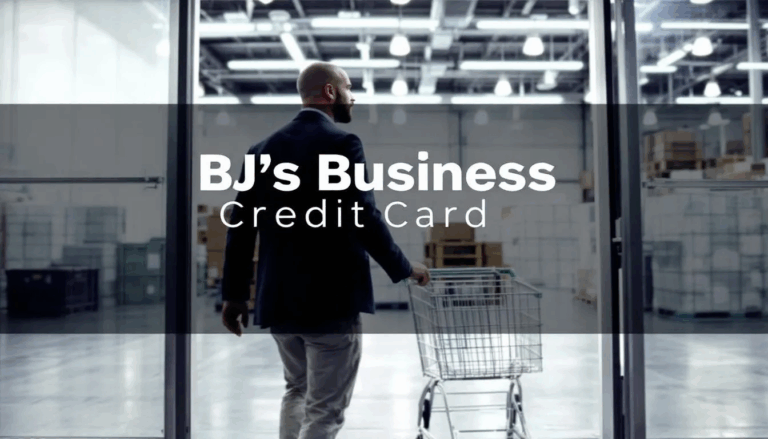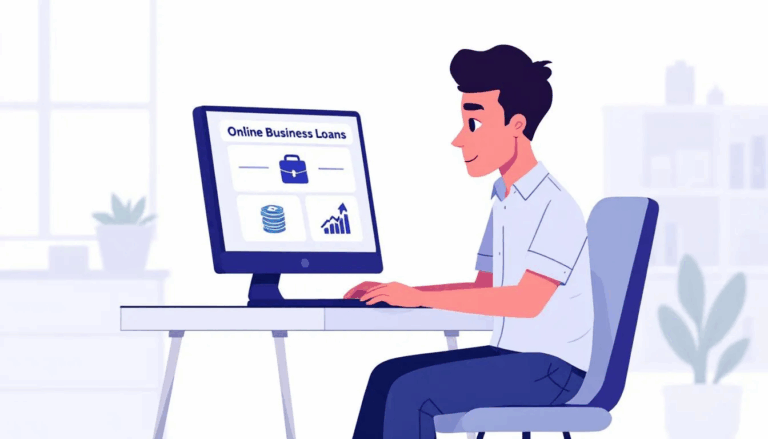

Same-week MCA funding is usually a documentation and verification issue, not a credit-score issue. Your deposits and trends matter more than your FICO. Understanding the difference between approval, contract signing, and funding disbursement is critical.
Approval means an underwriter reviewed your statements and offered terms. Contract signing means you agreed to the factor rate, holdback, and total payback. Funding

If you need financing for your business in 2026, understanding current SBA loan interest rates can save you thousands of dollars. In 2026, SBA 7(a) interest rates are generally priced as a base rate (usually Prime) plus a lender spread, with SBA-set maximum caps that depend on loan size and whether the rate is fixed or variable. This guide provides

How a Business Line of Credit Works Picture this scenario. You’re approved for $50,000. Two weeks later, you draw $12,000 to cover payroll. Interest starts accruing on that $12,000 immediately, but your available credit still shows $38,000. When you repay $5,000 next month, your available credit will increase to $43,000 without reapplying. That’s the core mechanic of revolving credit. A

Running a small business means keeping expenses in check while still stocking up on the necessary supplies to operate smoothly. For many owners, wholesale clubs like BJ’s Wholesale Club offer significant savings by allowing bulk purchases at discounted prices. To make those savings go further, BJ’s also provides its own line of business credit cards, which reward you for BJ’s

What are Online Business Loans? Online business loans are financing products that small businesses can apply for and manage entirely online. They’re offered primarily by online lenders and alternative financing companies, though some traditional banks now offer digital loan programs. What makes them unique is their streamlined application process, faster funding times, and often more flexible eligibility requirements compared to

Staffing agencies provide temporary and temp-to-hire staff for businesses to fulfill a specific job. Most staffing firms pay their employees weekly or biweekly, but most clients pay their invoices on 30, 45, or 60-day intervals.
The gap between making payroll and receiving payment puts many staffing businesses in a cash flow bind. Staffing factoring, which is selling unpaid invoices or

The US Small Business Administration (SBA) oversees various loan packages called SBA loans. While most loans are for business growth and development, SBA disaster loans are explicitly for businesses facing economic hardship due to a natural disaster.

The US Small Business Association enables some lenders to offer SBA loans, considered the gold standard of small business financing. While most SBA loans are designed for established businesses, SBA Microloans are intended explicitly for startups and new business owners.
The SBA microloan could be a valuable option if you’re an aspiring entrepreneur or a new business owner and need

Small business owners have many loan options to support their company, but the coveted SBA loans are the most advantageous financing arrangements. Backed by the Small Business Administration, these loans provide large borrowing amounts at the most favorable rates and terms.
However, the qualification process is the biggest challenge and mystery surrounding the loan program. Many potential borrowers struggle to

Sometimes businesses technically have the revenue to cover expenses, but it’s tied up in accounts receivable. Unpaid invoices are almost like unsold inventory – the value is in the asset rather than liquid capital you can spend on the business. And just like unsold inventory, the longer it goes, the less profitable it becomes, as you still have daily expenses.